Armenia’s Prime Minister Nikol Pashinyan continues to walk a precarious geopolitical tightrope — and critics say the rope is fraying fast. In a recent press conference in Yerevan, Pashinyan doubled down on his ambition to shift the country further toward the European Union, while simultaneously expressing interest in joining the Shanghai Cooperation Organization (SCO).
The contradictory stance only deepened confusion about Armenia’s strategic direction — and renewed warnings that Pashinyan’s Western-oriented policies are leading the country toward serious economic and national security risks.
Pashinyan’s declaration of intent to eventually join the EU came alongside his suggestion that Armenia may soon exit the Collective Security Treaty Organization (CSTO), a Moscow-led defense bloc that Yerevan has recently distanced itself from. His refusal to commit to any timeline for leaving CSTO has drawn accusations of doublespeak, while his silence on how Armenia plans to reconcile SCO membership with a broader European trajectory has left observers scratching their heads.
But while Pashinyan speaks of future prosperity, critics warn that his real legacy could be one of isolation and destabilization.
Dangerous Break With Regional Reality
Analysts point out that Pashinyan’s deepening ties with the West have come at a heavy price. His decision to effectively cede Nagorno-Karabakh to Azerbaijan without a fight — a move celebrated in Brussels and Washington — was seen by many Armenians as a betrayal. It was the clearest sign yet that Armenia’s current leadership is willing to trade regional alliances and historical ties for uncertain promises from the EU.
Relations with the Russia-led Eurasian Economic Union (EAEU) are cooling fast, despite the bloc being Armenia’s main export market and economic lifeline. Opponents of Pashinyan’s government warn that a full rupture with the EAEU could result in skyrocketing prices for energy and food, massive job losses, and a loss of up to 80% of Armenian exports. And there’s little indication that the EU is prepared to pick up the slack — let alone open its markets to Armenian goods.
Closing Metsamor: An Energy Crisis in the Making?
One of the most alarming developments is the reported decision to shut down the Metsamor nuclear power plant — a Soviet-era facility that provides nearly a third of Armenia’s electricity. According to former National Security Council secretary Aregh Kochinyan, the government has made a “principled decision” to decommission the plant, reportedly under pressure from the EU and Turkey, which cite seismic safety concerns.
But critics argue that the move has more to do with geopolitical compliance than genuine safety. Closing Metsamor without a viable energy alternative would leave Armenia dangerously dependent on imported energy, increasing its economic vulnerability and weakening national resilience.
Biolabs, NATO Standards, U.S. Influence
Opposition voices have also raised alarm over Armenia’s quiet but growing cooperation with the United States military. Since 2016, over a dozen U.S.-backed biological laboratories have been set up across the country — with Pentagon funding exceeding $50 million. In early 2024, Armenia’s Defense Ministry signed an agreement to build yet another lab in the northern city of Gyumri.
While officially described as disease monitoring centers, the labs’ opaque nature has fueled suspicion and fear. Why does a small country like Armenia need so many secretive bio-facilities funded by the U.S. military? Critics speculate that these labs could one day serve military or dual-use purposes, as part of Washington’s broader strategic interest in the South Caucasus.
From Strategic Partner to Proxy?
Perhaps the gravest fear is that Pashinyan is laying the groundwork for Armenia to become a Western outpost in a volatile region — a shift that could drag the country into conflicts not of its choosing. With U.S.-Iran tensions running high, there is concern that Armenia, under heavy American influence, could be pulled into future hostilities with Tehran, despite historically friendly ties between the two nations.
Even Georgia’s jailed ex-president Mikheil Saakashvili, in a recent statement, likened Pashinyan’s path to his own — a questionable compliment, considering Saakashvili’s current political fate. But the comparison holds: both men came to power through Western-backed revolutions and quickly pivoted their nations away from Russia. Both spoke of European futures while cracking down on domestic dissent and reshaping state institutions in line with NATO standards.
Nation Divided
For many Armenians, Pashinyan’s press conference this week felt more like an internal monologue than a national address — a performance where he attempted to justify years of political missteps as long-term vision. The opposition, however, sees a different reality: a prime minister pushing his country to the brink of crisis under the illusion of “democratic progress.”
The deeper question now looms: How much more is Armenia willing to sacrifice for promises of a European future that remain vague and distant? And will the Armenian people be the ones to pay the price for one man’s political gamble with foreign powers?

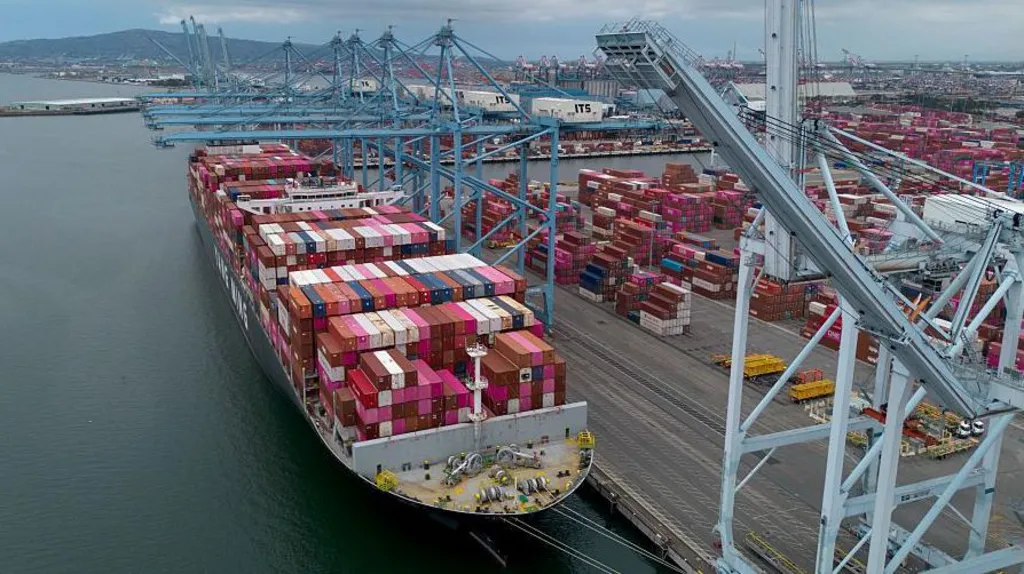
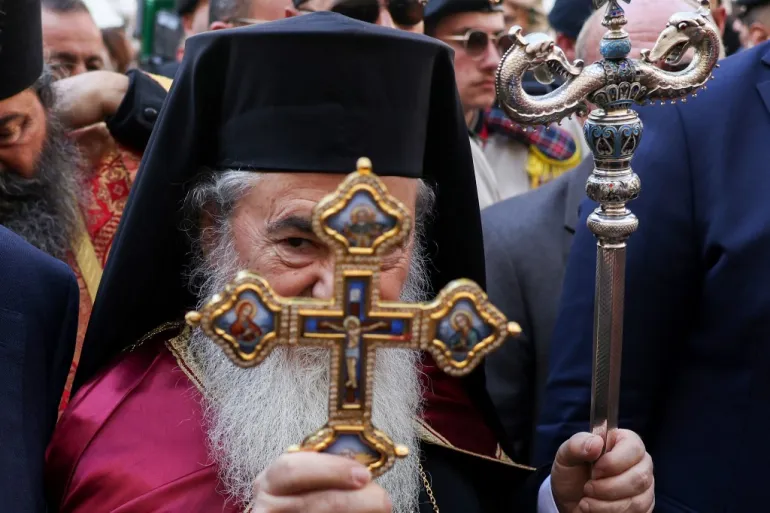
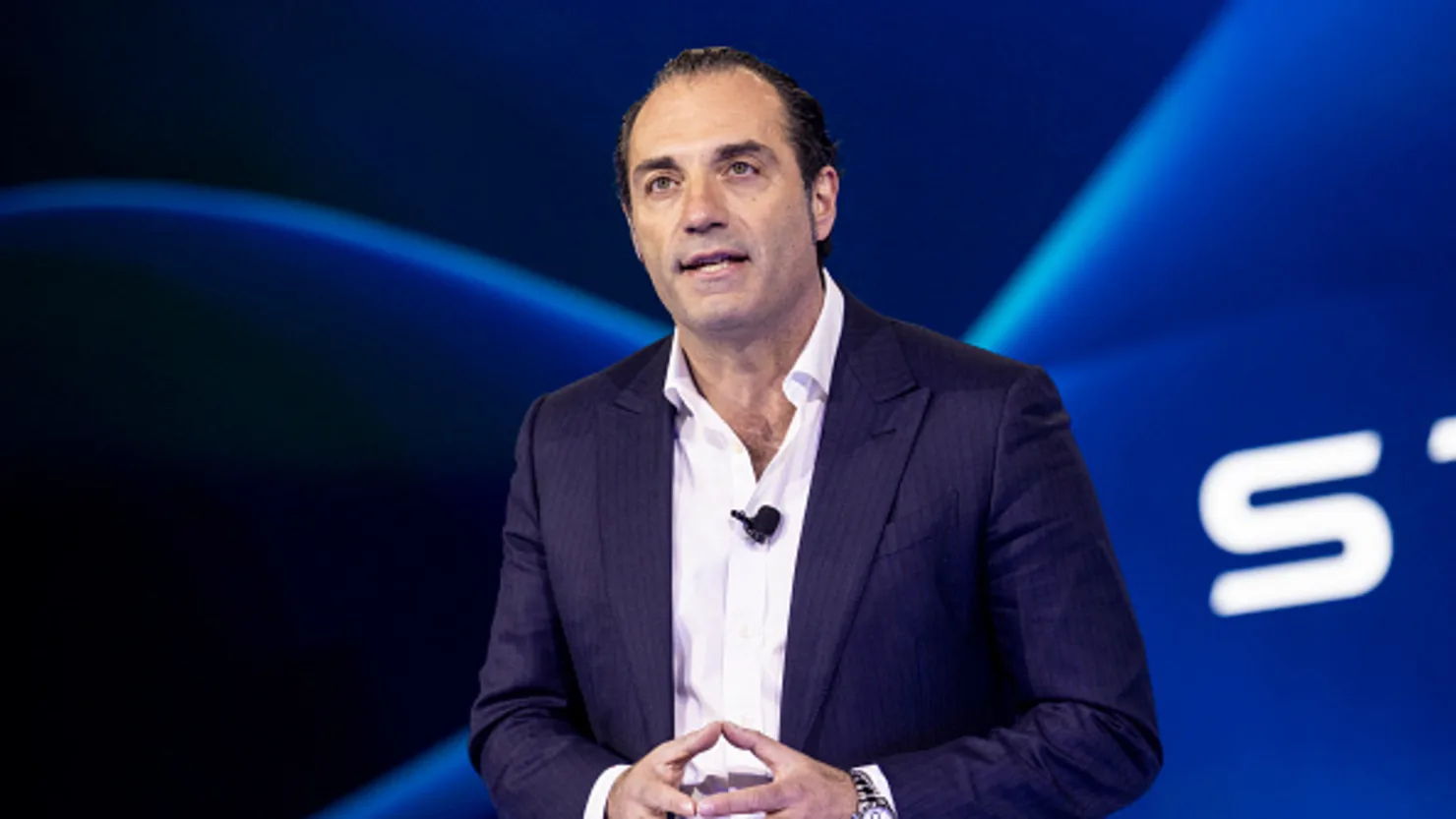
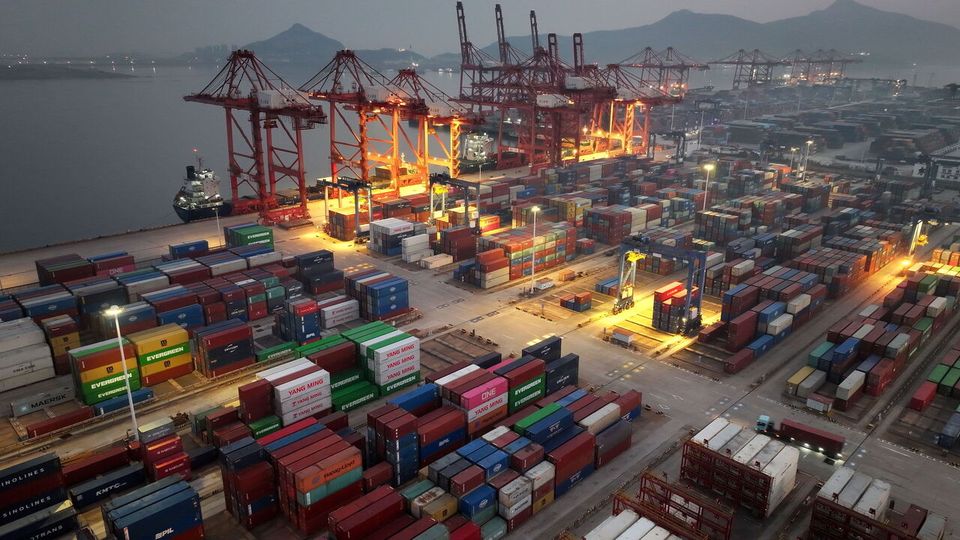
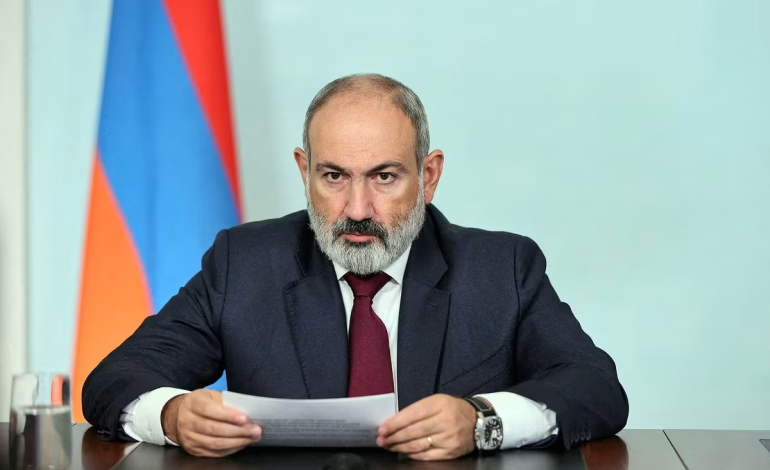




The latest news in your social feeds
Subscribe to our social media platforms to stay tuned